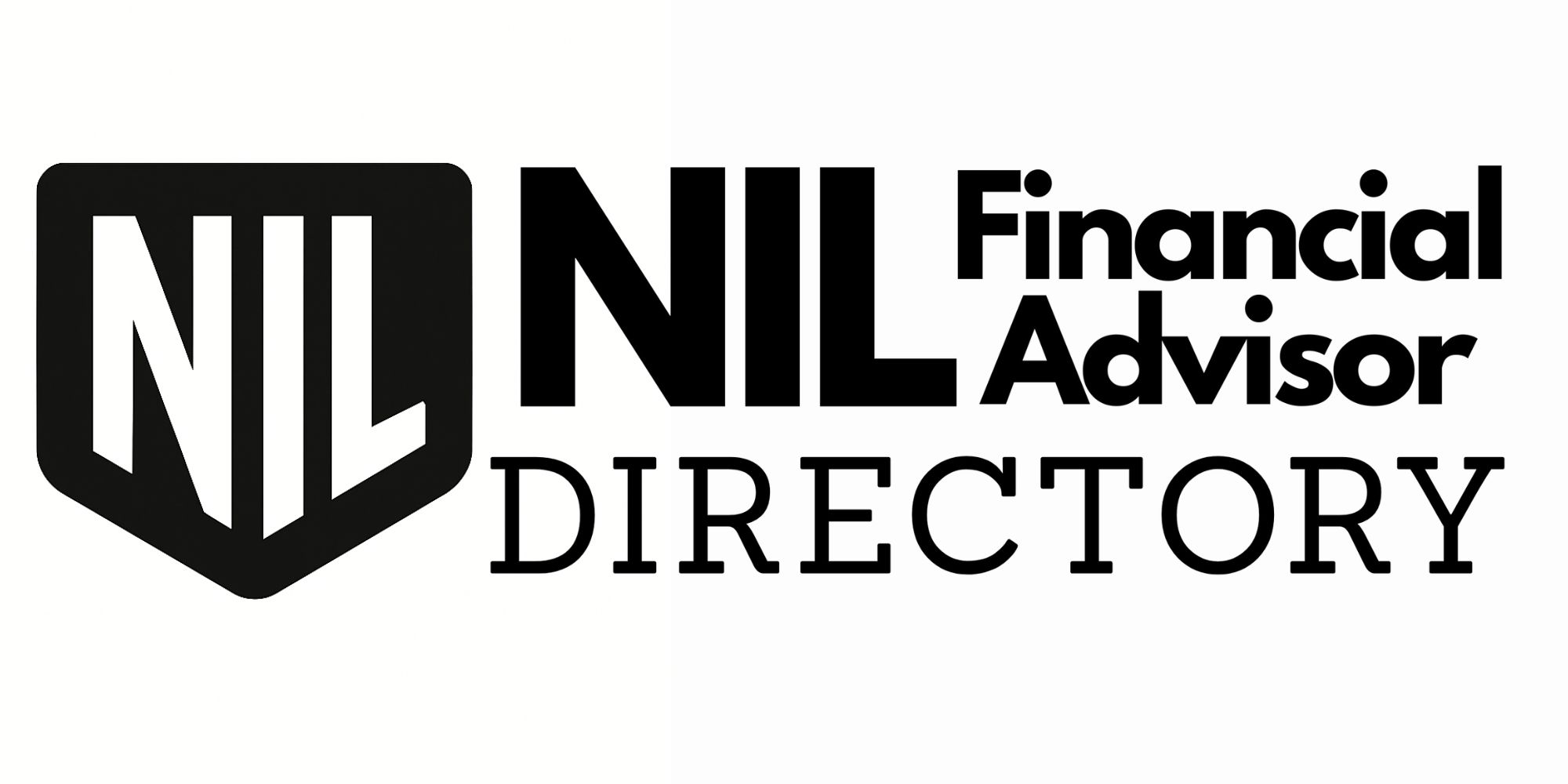Taxes Don’t Take Timeouts
- August 16, 2025
- Uncategorized
- 2 mins read
Taxes Don’t Take Timeouts: How Athletes Can Stay Ahead of the IRS
The NIL (Name, Image, and Likeness) era has brought student-athletes incredible opportunities — sponsorships, brand deals, appearances, and even their own merchandise. But here’s a reality check: while you can take a timeout on the field, the IRS never takes one. Every dollar you earn through NIL is taxable, and failing to plan ahead can cost you big in penalties, stress, and lost savings.
The good news? With the right strategy, taxes don’t have to be a headache. Here’s how athletes can stay ahead of the IRS and keep their NIL success working in their favor.
1. Understand NIL Income = Self-Employment Income
Unlike a paycheck from a part-time job, NIL payments don’t usually have taxes withheld. That means you’re considered self-employed, and the IRS expects you to pay your share.
What this means for athletes:
NIL money is taxable income — no exceptions.
You’re responsible for income tax and self-employment tax (Social Security + Medicare).
You need to track every dollar you earn and every expense tied to your NIL activities.
2. Pay Quarterly, Not Just Annually
Athletes often get blindsided because they expect to pay taxes once a year in April. But the IRS doesn’t work that way for self-employed income.
Quarterly tax deadlines:
April 15 – for income earned Jan–March
June 15 – for income earned April–May
September 15 – for income earned June–August
January 15 (next year) – for income earned Sept–Dec
Miss these deadlines, and you could face penalties.
3. Save First, Spend Second
One of the simplest tax hacks? Save for taxes the moment money comes in.
Move 25–30% of every NIL payment into a separate tax savings account.
Treat it like a non-negotiable bill — just like rent or groceries.
If you don’t owe the full amount, great — you keep the extra.
This keeps you from scrambling when tax bills come due.
4. Take Advantage of Deductions
The IRS allows you to deduct “ordinary and necessary” business expenses. That means you don’t have to pay taxes on the full amount you earn.
Potential NIL deductions include:
Travel expenses for appearances or events
Equipment, uniforms, and training tools you buy yourself
Marketing costs (social media ads, website design, photoshoots)
Professional fees (agents, CPAs, financial advisors)
Content creation tools (cameras, editing software)
Pro tip: Save every receipt. A simple folder or app can keep you organized.
5. Work With a CPA Who Understands NIL
Taxes are complex, especially if you’re earning money in multiple states, through sponsorships, merchandise, and appearances. A CPA with NIL experience can:
Help you file correctly and on time.
Identify deductions you might miss.
Keep you compliant with both federal and state tax rules.
Protect you from costly mistakes or audits.
Think of a CPA as part of your financial team — just like your coach is part of your athletic success.
6. Don’t Let Taxes Steal Your NIL Momentum
Ignoring taxes is like ignoring conditioning — it catches up to you fast. By staying disciplined, setting money aside, tracking expenses, and getting professional help, you’ll stay ahead of the IRS and keep your NIL journey on solid ground.
The Bottom Line
NIL income is a blessing, but it comes with responsibility. Taxes don’t take timeouts, and neither should you when it comes to planning. Build the right habits now, and you’ll protect your earnings, avoid penalties, and set yourself up for lasting financial success.
Need tax help? Use the NIL Financial Advisor Directory to connect with trusted CPAs and advisors who know the NIL landscape and can guide you every step of the way.

